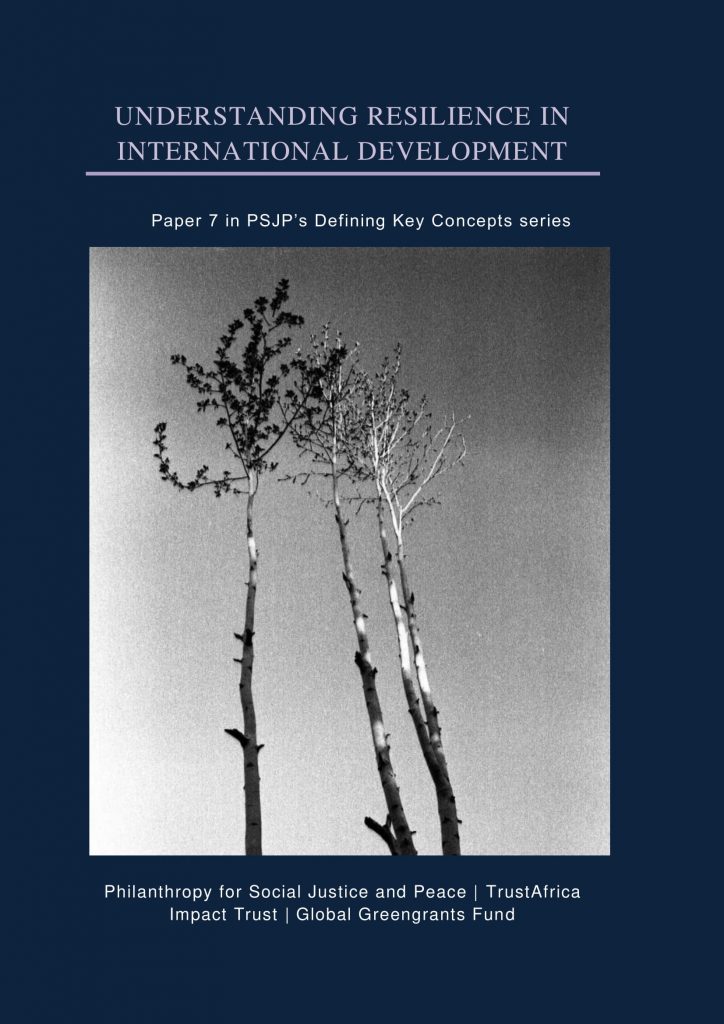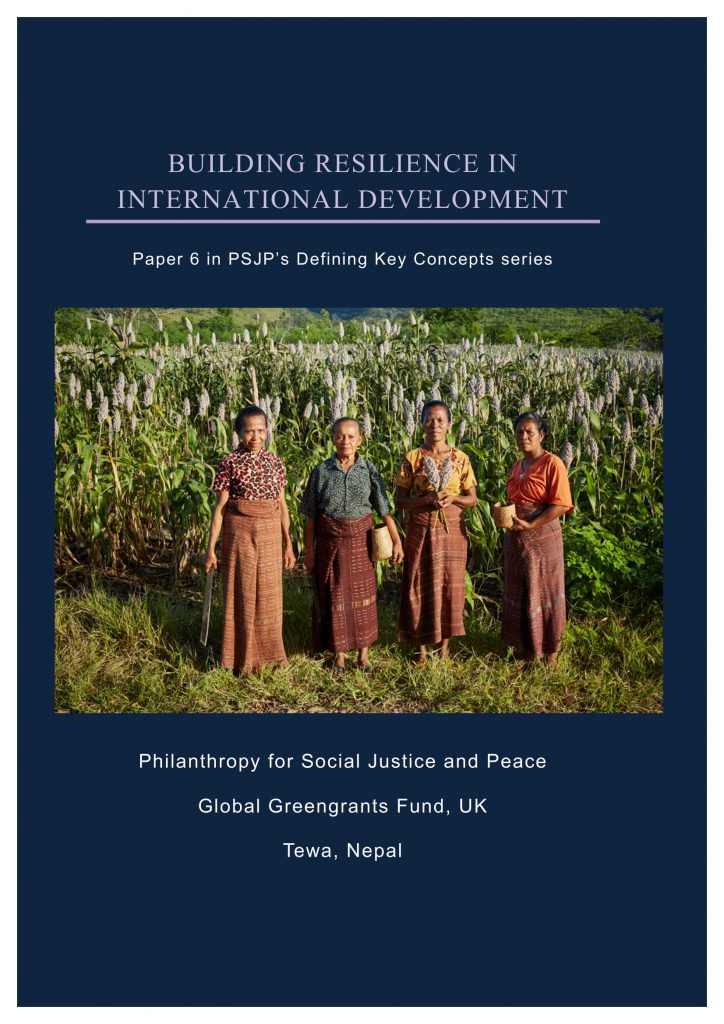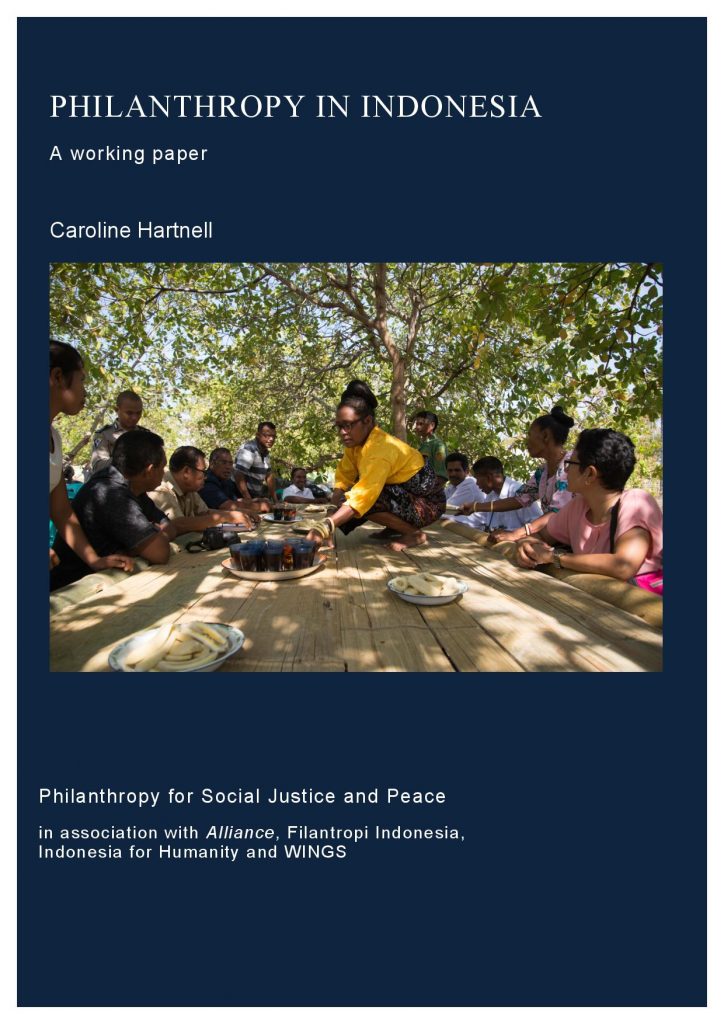Social Movements and Philanthropy in Brazil
This study, published by the Comuá Network, explores the role of Brazilian philanthropy in funding and supporting social movements and the self-financing strategies of these movements Social movements play a fundamental role in defending and promoting rights, contributing significantly to the construction and consolidation of democracy. Historically, these movements have been essential in resisting authoritarian…



